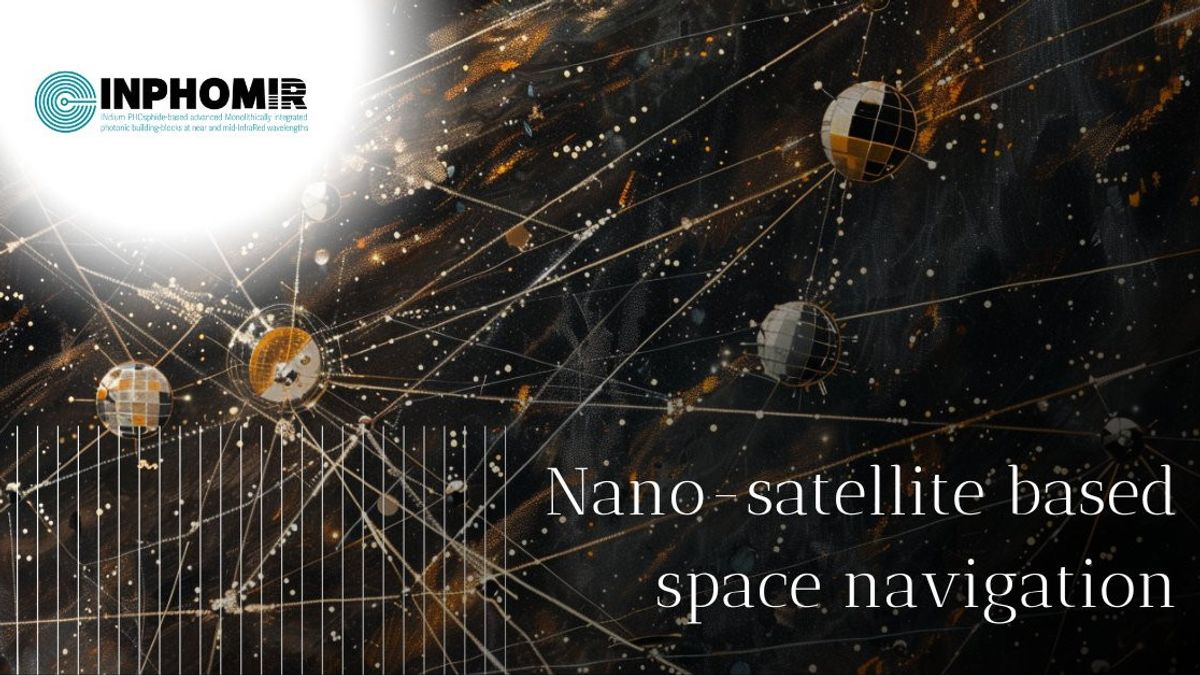JAKARTA - A consortium funded by the European Union announced on Thursday 4 July that it is developing sensors to assist satellite navigate with precision and allow drones to fly further for longer periods of time.
The INPHOMIR project aims to create two new sensors with ultra-low power consumption, namely an optical gyroscope and a dedicated lidar sensor, to make space missions more efficient and affordable. The project is worth about 5 million euros (Rp 87.8 billion) and is financed by Horizon Europe, a EU funding program for research and innovation.
Satellite navigation sensors can experience difficulties in harsh conditions such as low visibility, fog, and dust. Even small measurement errors can cause large anomalies in the trajectories and positions, which could potentially cause operators to lose millions of dollars.
The INPHOMIR project builds its sensors on the phosphideal indium, a material that has proven to increase efficiency and reduce weight and size for photonically integrated circuits, microchips that use light to transmit and process information.
According to the consortium, this technology can also help drive sensors used in drones and self-driving cars in the future.
SEE ALSO:
"The advanced sensing technology we develop is expected to improve the accuracy of satellite positions, improve navigation for interplanetary missions, and ensure the success of space exploration," said Daniele Palaferri, project coordinator of INPHOMIR.
The ever-increasing demand for satellite-based communications services, navigation, and data collection as well as images has led to a surge in the number of satellites operating in space, making navigation even more difficult.
Debris is like the top stage of an exhausted rocket, a damaged satellite, and other objects are also a threat to satellites trying to stay in orbit.
The English, Chinese, Japanese, Arabic, and French versions are automatically generated by the AI. So there may still be inaccuracies in translating, please always see Indonesian as our main language. (system supported by DigitalSiber.id)













